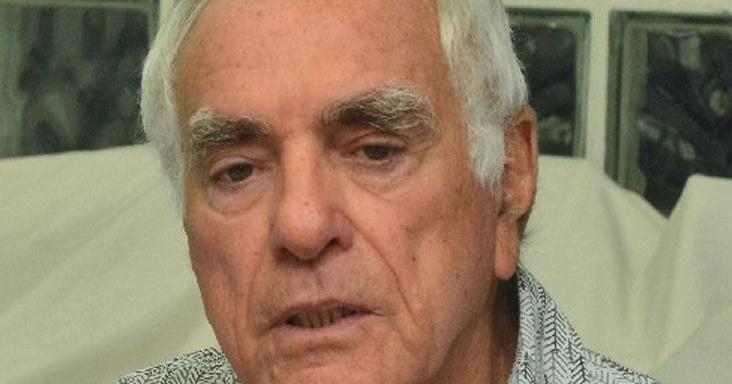In a significant appeal to Prime Minister Kamla Persad-Bissessar, Emile Elias, the executive chairman of NH International (Caribbean) Ltd, has advocated for an increase in the US dollar exchange rate, proposing a rise from the current rate of TT$6.80 to TT$9. This request comes in the context of ongoing economic challenges in Trinidad and Tobago, as the Central Bank states the current rate stands at TT$6.79 for US$1.
Elias directed sharp criticism at former finance minister Colm Imbert, labeling him as the worst finance minister in the nation’s history. His critique highlighted what he termed “reckless” decisions regarding foreign exchange and overall economic management, decisions he claims were compounded by the actions of former Prime Minister Dr. Keith Rowley.
According to Elias, the burden of responsibility for addressing the current financial crisis now rests with Persad-Bissessar. He suggested empowering the Central Bank Governor to oversee monetary policies such as exchange rates and interest rates, while the Finance Minister could concentrate on fiscal issues like the national budget. He asserted that decisive action could enable the Prime Minister to leave a legacy of restoring financial stability and credibility to the nation.
Elias projected that increasing the exchange rate to TT$9 would effectively eliminate the black market for US dollars and stimulate exports and investments, enhancing the economy. He reiterated that Imbert’s tenure had resulted in significant damages, leading to what he described as a “wrecked economy” — a situation exacerbated by vanishing foreign reserves and increasing national debt.
Reflecting on past economic policies, Elias criticized Imbert’s shift from a “managed float” system to a de facto fixed exchange rate, which he believes has led to inflationary pressures and harmed Trinidad and Tobago’s status as a financial hub in the Caribbean.
Noting the drastic fall in foreign reserves from US$11.45 billion in 2014 to perilously low levels today, Elias pointed out that this mismanagement largely stemmed from borrowing practices aimed at masking financial inadequacies. He claimed that the nation’s economy is currently stalled due to shortages in foreign currency, affecting vital projects that require imported materials.
He also warned that the rise of a significant undocumented black market — where US dollars are traded as high as TT$9 — signals a worrying trend that has emerged under Imbert’s policies. This shadow economy, coupled with warnings from economists that the existing currency policy is unsustainable, has prompted Elias to express urgent concern about possible intervention from the International Monetary Fund (IMF).
Elias highlighted the dire consequences if such intervention occurs, predicting significant cutbacks in government spending, increased unemployment, and substantial devaluation of the currency. He emphasized the necessity for immediate action to address these issues before the situation escalates beyond corrective measures.
Citing historical precedents, he referred to past economic reforms implemented in 1993, which successfully freed the currency and subsequently bolstered economic stability and investor confidence. Elias framed the current scenario as a choice between proactive leadership and detrimental inaction.
As part of his recommendations, Elias proposed a suite of measures, including a targeted food stamp program for impoverished families, adjustments to electricity rates with a focus on fairness, and an increase in the minimum wage. He asserted that these steps would alleviate poverty while also advocating for a significant correction to the exchange rate as the only viable long-term solution to the ongoing economic crisis. He framed the situation as a critical turning point, emphasizing that delaying action could lead to ruinous outcomes for Trinidad and Tobago’s economy.







